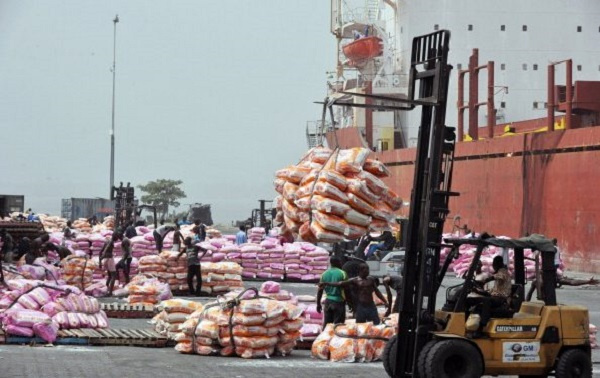
President of the Association, Samson Awingobit, said while the minister did not introduce any new taxes, they felt disappointed that the budget failed to drop the 2% special levy on imports.
He explained that the government had promised to drop the 2% levy after collecting it for some time.
Speaking on Nyankonton Mu Nsem on Rainbow Radio 87.5Fm, he indicated that the government had promised to drop the 2%, it was yet to be done.
He added that they also made a call for the introduction of taxes under COVID-19 during the budget reading by the Majority Leader, Osei Kyei Mensah Bonsu, to be dropped.
He said countries are doing their best to cushion businesses and not to burden them with taxes.
The 5% special levy for banks to pay before tax on their profits introduced in the main budget was also not the best since it would have implications for businesses, and we wanted it to be dropped too.
He said there were no timelines for these taxes and the government must come out with the timelines on collecting these taxes.
In his view, we cannot leave the issue in vain when there are no clear timelines in stopping the collection of these taxes.
Mr. Samson Awingobit said one of the laziest ways to generate revenue is to introduce new taxes to the export and import community.
The situation he lamented creates challenges, allows for the importation of inferior goods since importers cheat the system through smuggling.
Background
Presenting the 2021 Budget Statement to Parliament, earlier this year, the Minister of Parliamentary Affairs and Majority Leader, Osei Kyei-Mensah-Bonsu, said the financial sector clean-up exercise and the refund of money to depositors had restored investor confidence and protected the hard-earned savings of millions of Ghanaians.
“However, this has come at a huge cost of over GHC21 billion to the government.
“Mr Speaker, the government will, therefore, introduce a financial sector clean-up levy of 5% on profit-before-tax of banks to help defray outstanding commitments in the sector,” Kyei-Mensah-Bonsu, who is now the caretaker Finance Minister, said.
In the 2018 fiscal year, the 1% levy, which applied to machinery and equipment listed under the ECOWAS Common External Tariff (CET) protocol was abolished.
However, the 2% levy applicable to all other goods except petroleum products is still in place to further increase the tax burden on businesses.
The Special Import Levy Act, 2013 (Act 861) (‘SILA’), which was introduced in 2013 to impose a 1% to 2% levy on the importation of specified goods, was meant to raise funds to stabilize the economy up to 2015.
The Special Import Levy (Amendment) Bill, 2017 amended the Special Import Levy, Act, 2013 (Act 861) to remove the levy payable on specific imported goods. Read Full Story


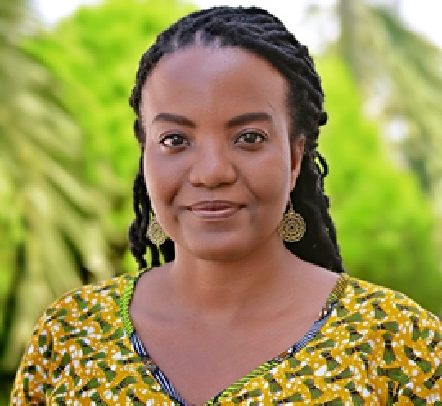
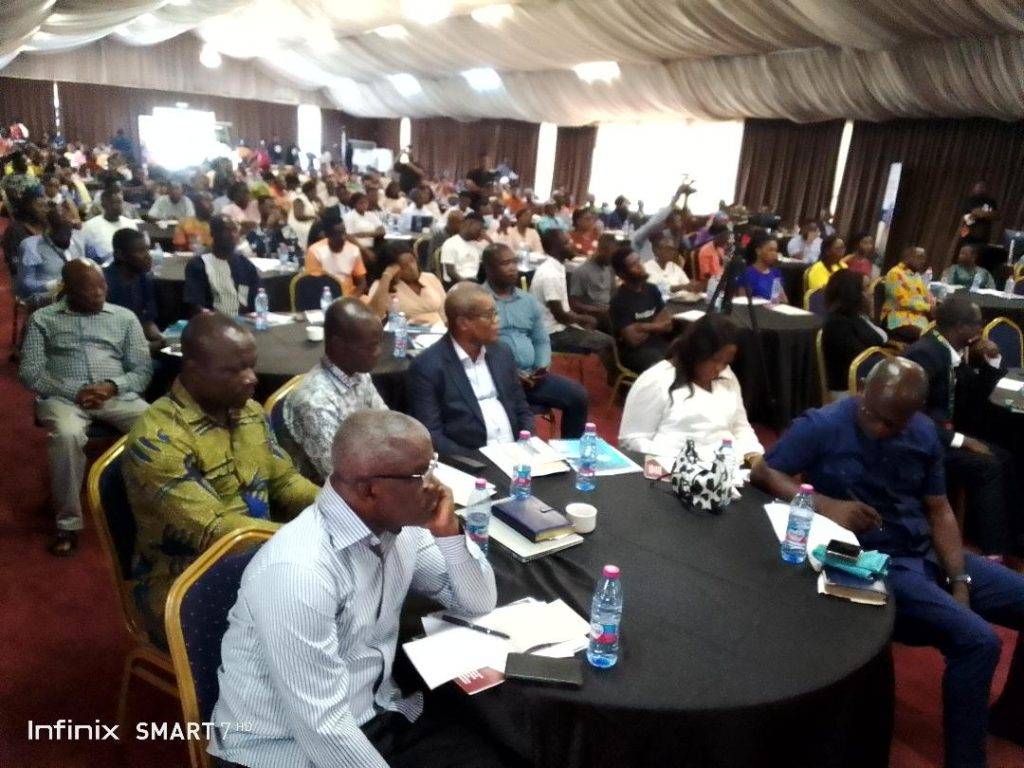

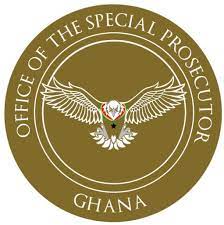
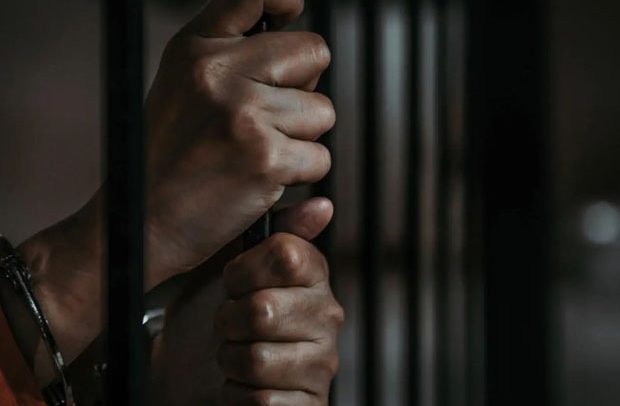
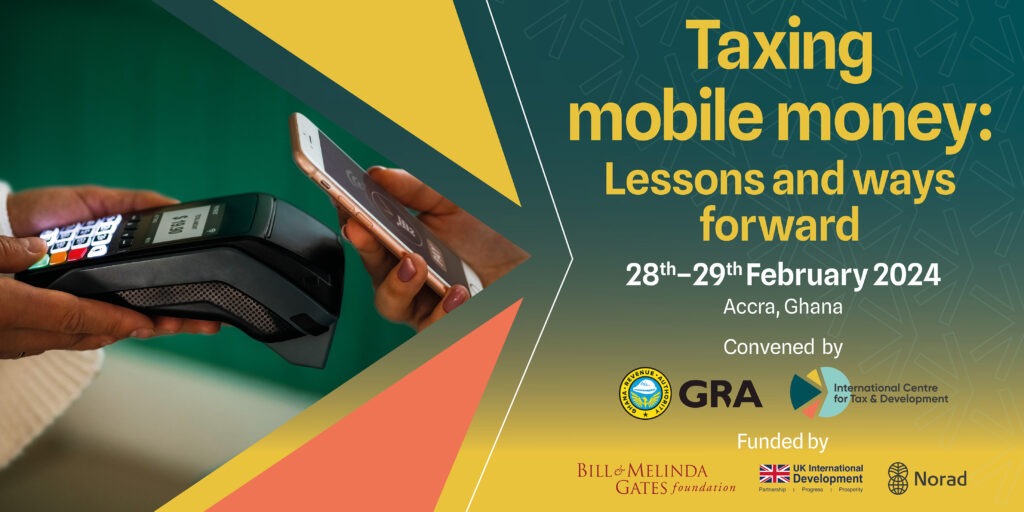

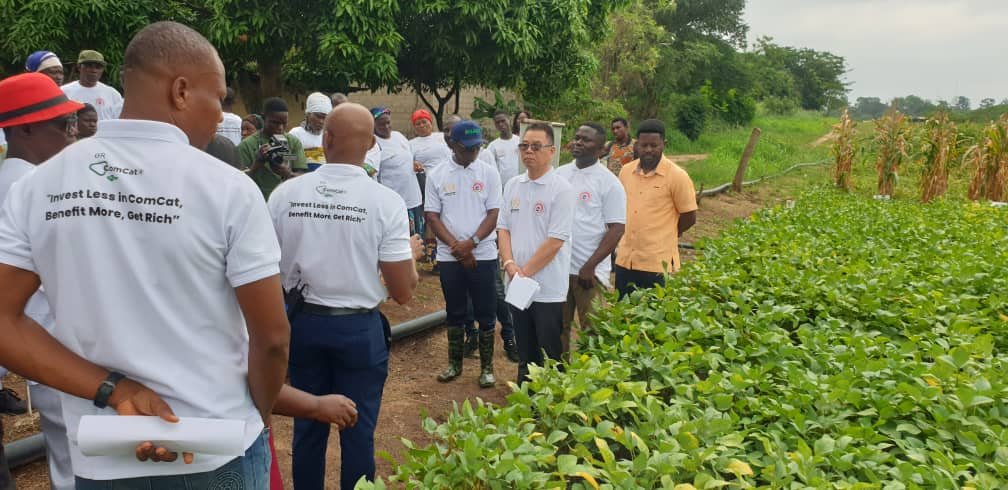
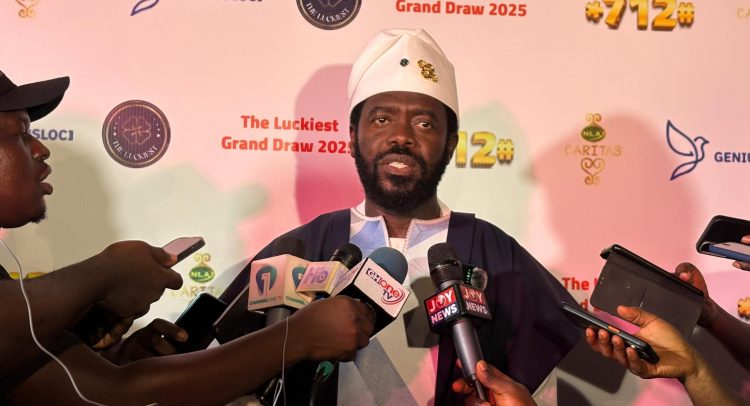















Facebook
Twitter
Pinterest
Instagram
Google+
YouTube
LinkedIn
RSS